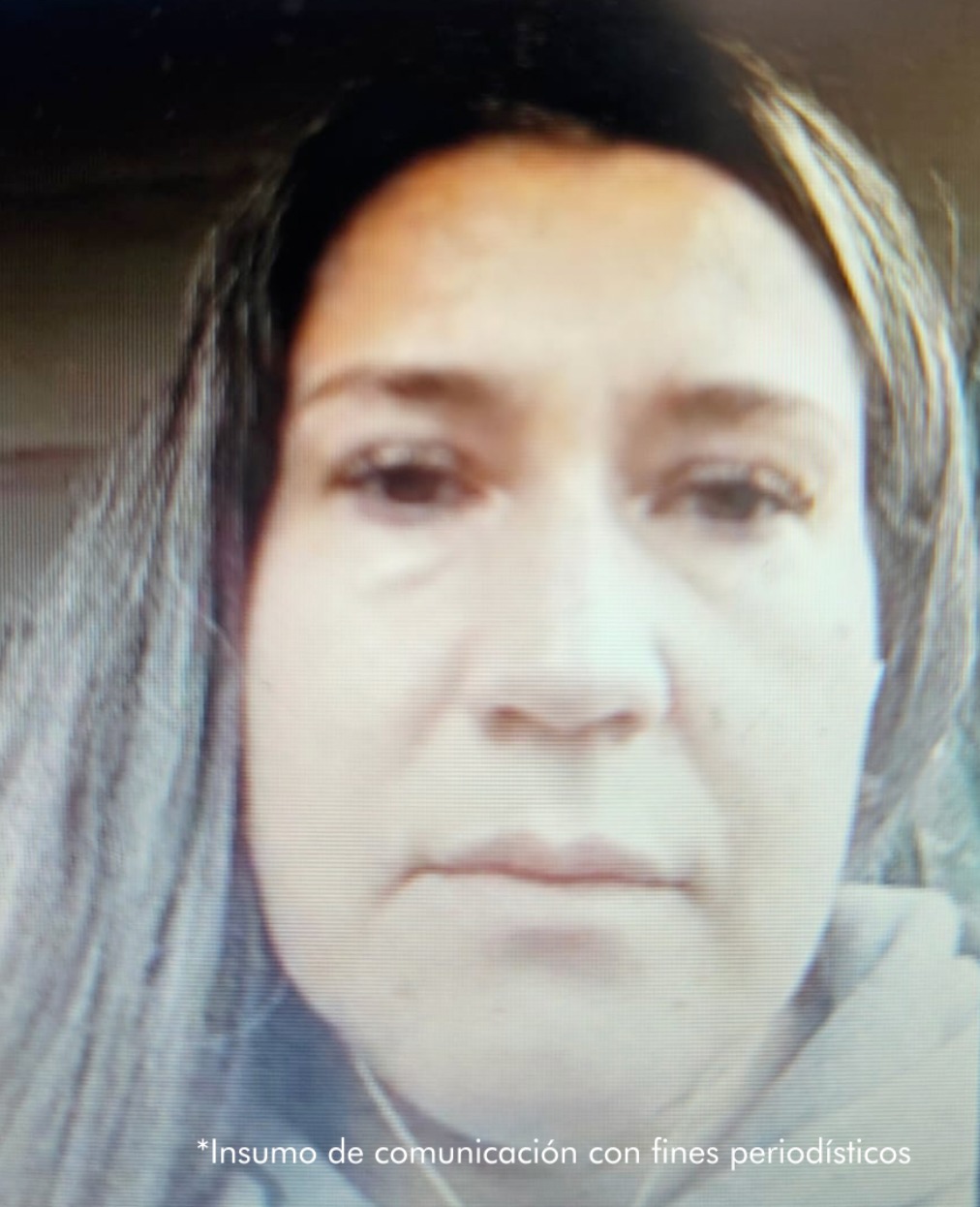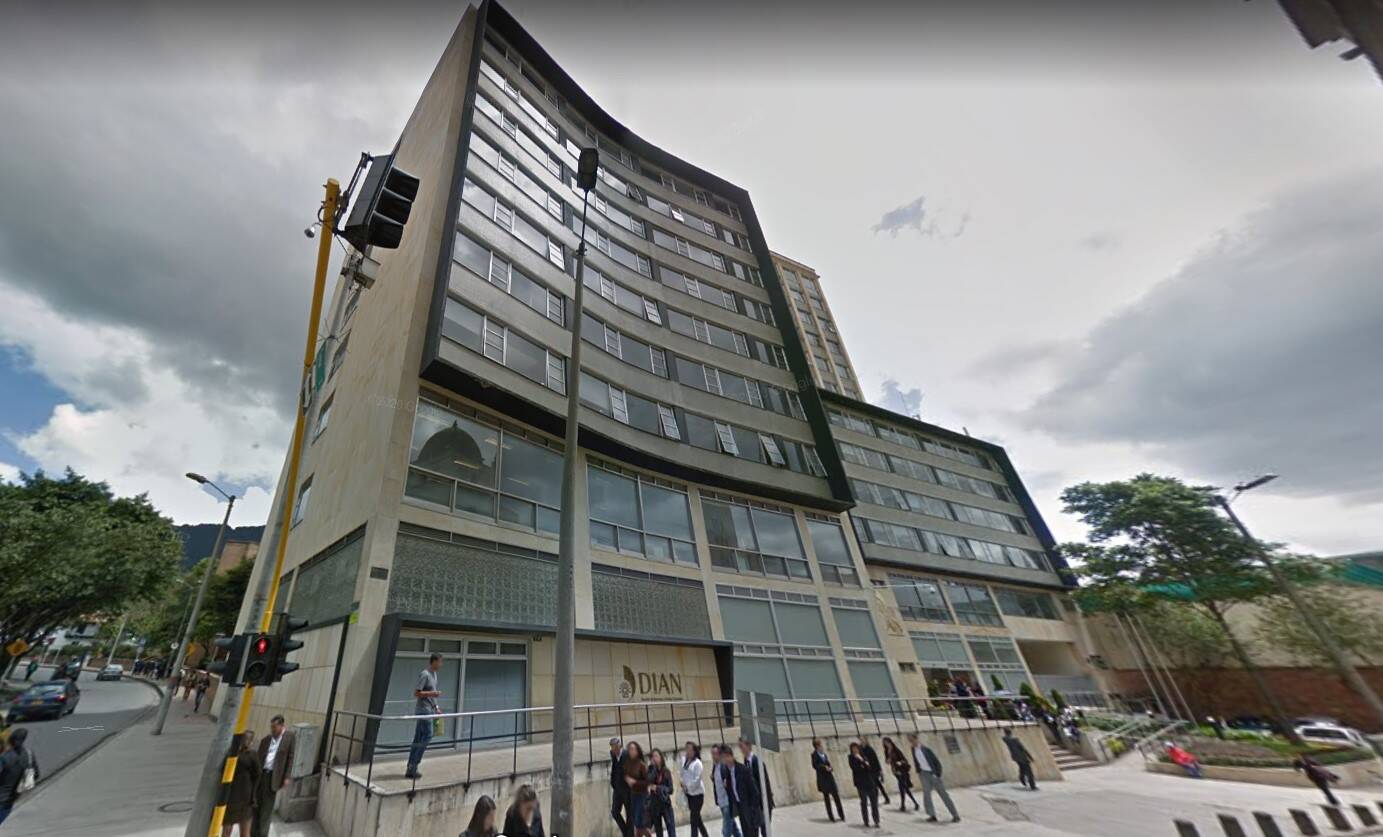The Prosecutor's Office charged a flight attendant with money laundering and illicit enrichment: How much money can someone who works for an airline bring into the country?

Colombian law is clear: no person, including airline crews, may bring more than $10,000 in cash into the country without declaring it to the National Tax and Customs Directorate (DIAN).
Exceeding this limit without prior notice can lead to criminal consequences, as evidenced by the case of Ada Paola Baracaldo, a flight attendant prosecuted by the Attorney General's Office for alleged money laundering.
Baracaldo, who worked for a well-known airline, was charged by the Anti-Money Laundering Directorate after authorities discovered that she allegedly smuggled approximately $60,000 in cash into Colombia during three international flights between March and April 2015. According to the investigation, she allegedly took advantage of her role as a crew member to transport the money without being detected by immigration and customs controls.

Ada Paola Baracaldo, a flight attendant who has been prosecuted. Photo: Prosecutor's Office
According to the prosecutor's account during the indictment hearing, one of the suspicious trips occurred between March 24 and 26, 2015. During that trip, the assistant allegedly received $20,000 in Mexico and brought it to Bogotá to deliver it to a suspected money laundering network liaison. A week later, she and a man believed to be her partner collected another $20,000 each at a currency exchange office at a Mexican airport. Finally, on April 6 of that same year, Baracaldo allegedly coordinated the collection of more money in New York, also with the final destination being Colombia.
Wiretaps conducted by the Prosecutor's Office were key to determining that the money did indeed enter the country. "Later, Ada Paola Baracaldo confirmed via telephone that both she and her partner had indeed brought the $20,000 each," the prosecutor explained at the hearing.
The flight attendant pleaded no contest to the charges of money laundering and illicit enrichment and will face trial at liberty. However, her case has once again raised questions about the legal limits on transporting cash into the country, especially among those who are able to travel frequently.

The DIAN regulations are clear about the amount of money a person can bring into the country. Photo: Google Maps
The DIAN establishes that anyone bringing more than $10,000 (or its equivalent in another currency) into or out of the country must expressly declare it on Form 530, Cash Declaration. This requirement applies to citizens, foreigners, tourists, and, of course, also to crews on commercial or private flights. Failure to do so may constitute crimes such as money laundering, currency smuggling, or illicit enrichment.
The objective of this regulation is to prevent large sums of money from circulating outside the formal financial system, which makes it difficult to trace their origin and facilitates activities such as drug trafficking, tax evasion, and money laundering.
Although some people may think that crew members have some sort of exemption, the truth is that the law applies equally to everyone. Simply bringing in amounts above the permitted limit without reporting them is a punishable violation.
The case of Ada Paola Baracaldo is not unique, but it is one of the most recent to highlight how flight attendant status can be used to evade controls and facilitate financial crime networks. The investigation is ongoing, while authorities emphasize that transporting large amounts of undeclared cash can have serious consequences, regardless of who is doing it or where the flight is from.
Environment and Health Journalist
eltiempo





